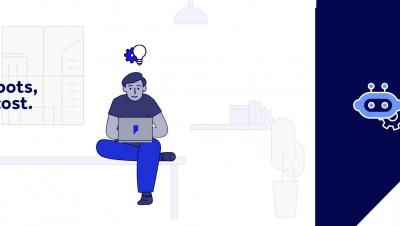Process Mining and RPA: Fine Tune Automation Efforts for the Most Impact
To get the most out of any technology investment, you have to be sure you're using it in the right way. Just as you wouldn't remove a lid from a jar with a spatula, you shouldn’t use robotic process automation (RPA) for a purpose it isn't well suited to. The same is true for process mining and RPA. To maximize the benefits of both, you first need to understand what these two technologies do best.







